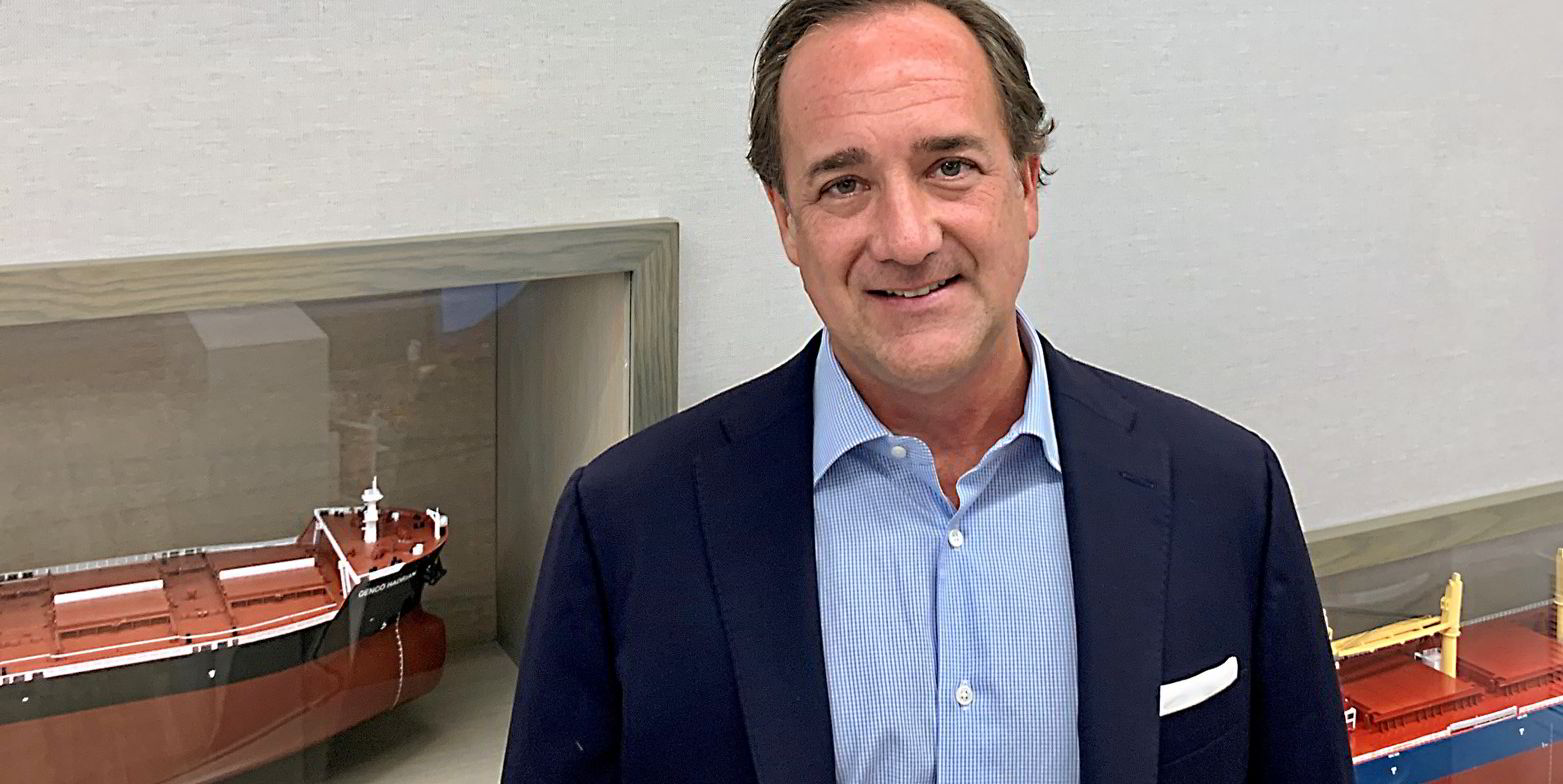Our focus in the near-term is to make Genco’s existing fleet as fuel-efficient as possible, while, on a parallel path, continuing to assess the viability of alternative fuels such as ammonia as a longer-term solution to decarbonise the shipping industry.
This article is one of more than three dozen contributions from shipping industry stakeholders about their outlook for decarbonisation efforts in the year ahead. We asked shipowners, managers, financial professionals, technology providers and more about their own efforts to address greenhouse gas emissions in 2022 and what they hope to happen in the industry this year.
Over the course of 2021, we invested $150m of capital into modern, fuel-efficient vessels, while divesting older, less fuel-efficient tonnage to reduce our carbon footprint. We also implemented a comprehensive IMO 2023 plan in which we will continue to invest in our fleet through the installation of various energy-saving devices and the application of high-performance paint on top of our active management and analysis of real-time speed and consumption data.
We view these immediate actions as a win-win as we are lowering emissions, while also earning a return on the capital invested. The next one to two years will be essential for the industry to set a longer-term decarbonisation path for participants to strive towards achieving.
We believe that more ambitious, longer-term emissions targets will continue to drive change and provide a heightened sense of urgency across the maritime community to act. We are firm believers that a collective effort across the maritime value chain is needed as no one company can solve the decarbonisation challenge alone.
To that end, we are signatories to the Call to Action focusing on decarbonising shipping by 2050 as well as a member of a working group studying the feasibility of ammonia as an alternative marine fuel. The shipping industry has proven to be highly resilient over the last decade through a variety of challenges that have come our way — decarbonisation may be the most critical challenge the industry will confront.
Shipping is an essential part of global economic activity, underpinning growth and prosperity around the world, and we need to work together as leaders to drive change and set an example for decarbonisation and sustainability initiatives.






